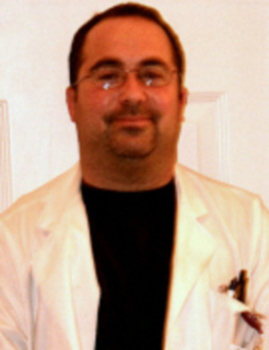Question
Should a medically compromised patient (possible pneumonia, heart issues, history of aspiration on thin, NTL, HTL, who previously was maintained on HTL for approximately 4-5 months due to coughing) with dementia be continued on regular liquids during 4 wks NMES therapy? The patient can follow some directions. Also: should liquids and solids be separated regardless of consistency to avoid some aspiration? This is a LTC patient who was switched to regular liquids post-MBS after 1 wk of therapy and on regular liquids. She was hospitalized with bilateral pleural effusion and urosepsis.
Answer
Depending on the severity of this patient's dementia and heart issues, the patient may be contraindicated for NMES. Without knowing the full MBS report results this is a difficult questions to answer. If a patient was aspirating on all liquids, I would be concerned on the overall safety for oral intake and proper hydration. One would need to know what other aspects of the swallow were impaired on the MBS to truely answer this question. There is not an abundance of readily available research on using NMES with dementia patients in terms of evidence based pratice. NMES can increase a patient's fatigue and many dementia patient's have fatigue as a component of their dysphagia. There needs to more objective information on clinical outcomes and safety for the NMES in the dementia population. The question indicates that the patient is hospitalized. There are some issues with performing NMES on patients who are on telemetry monitoring, which they are likely on if in the hospital. Regarding the patient's pleural effusion, there is not generally a direct link from aspiration to pleural effusion. However, if it is an exudative pleural effusion, one of the possible causes could be a bacterial pneumonia.
Eric Blicker, M.A., CCC-SLP.D, BRS-S, is an ASHA board recognized specialist in swallowing disorders. Eric received his doctoral degree from Nova Southeastern University and was trained in FEESST by Dr Jonathan Aviv, the otolaryngologist who developed FEESST. He has provided FEES training courses in CT, MA, FL, MO, CA.

